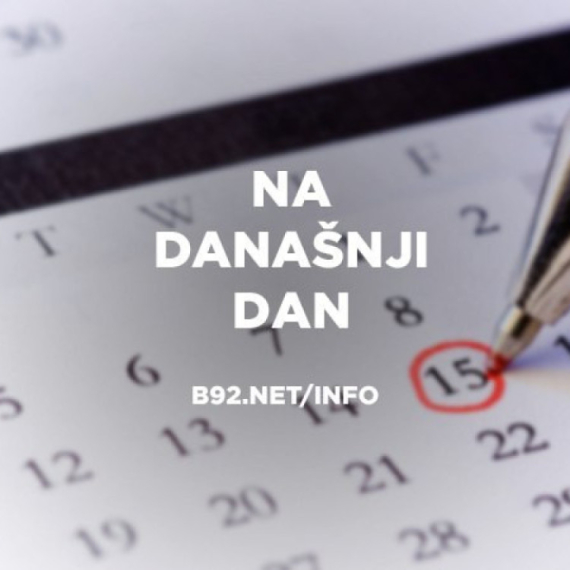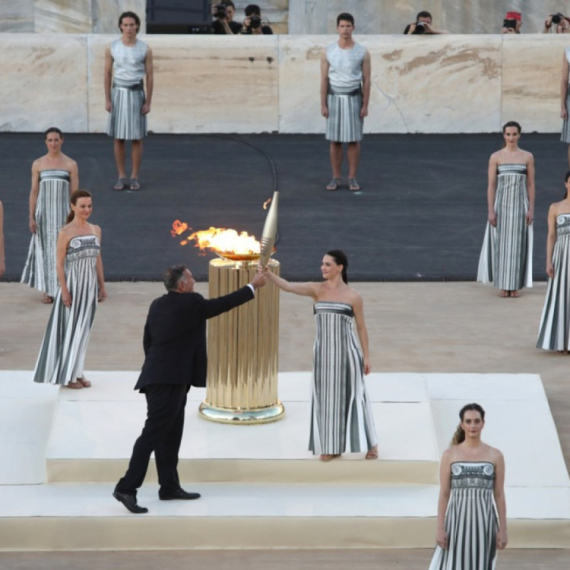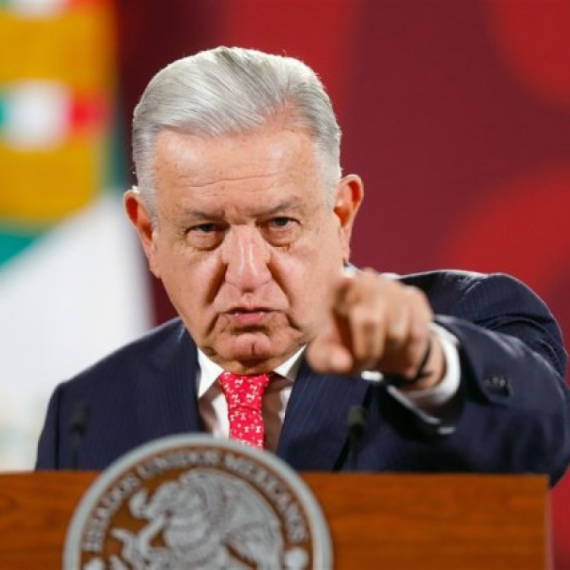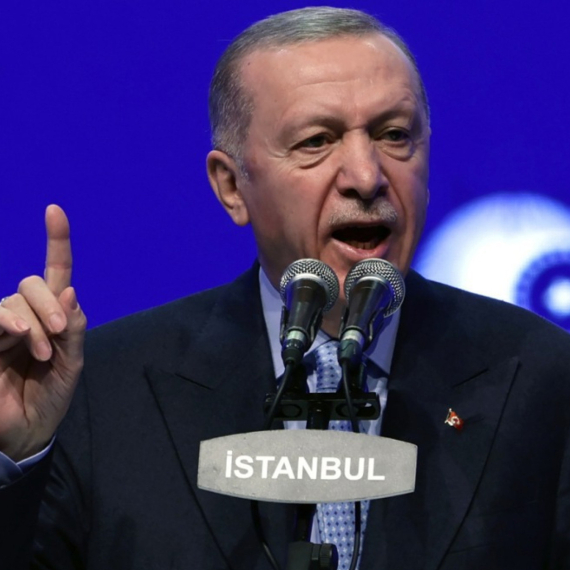"Basic conditions missing for return of IDPs"
Serbia's Foreign Minister Ivan Mrkić met on Wednesday with UN Special Rapporteur on the Human Rights of Internally Displaced Persons Chaloka Beyani.
Thursday, 10.10.2013.
11:28

BELGRADE Serbia's Foreign Minister Ivan Mrkic met on Wednesday with UN Special Rapporteur on the Human Rights of Internally Displaced Persons Chaloka Beyani. They discussed the long-standing issue of the internally displaced persons (IDPs) from Kosovo, and he pointed out that the basic conditions for their return were "not there." "Basic conditions missing for return of IDPs" Mrkic informed Beyani about the efforts the Serbian government, even with the budget restrictions, to solve the issue, the Foreign Ministry posted on its website. Mrkic hopes Beyani will recommend lasting solutions for the IDPs, both in terms of enabling their return to Kosovo and improving their life in places where they have been located since leaving their homes. "That requires significant funding and efforts from the international community," he stressed. Beyani underscored the importance of seeing the situation on the ground and agreed that efforts were needed to find lasting solutions. He supported Serbia in those efforts and added he would send appropriate recommendations to the international forces in Kosovo, and that he would approach potential donors. Mrkic and Beyani agreed to continue working together on the issue, the statement said. Chaloka Beyani and Ivica Dacic meet in Belgrade (Tanjug) "Worrying" Chaloka Beyani on Wednesday met with Serbian Prime Minister Ivica Dacic, who said that the IDPs in Serbia are in an extremely difficult position and the low level of returns to Kosovo is worrying. “Since 1999, about 18,000 internally displaced persons have returned to Kosovo-Metohija, but less than 4,000 of them managed to achieve a sustainable return,” Dacic said, adding that only 47 IDPs returned to the southern Serbian province in the first quarter of this year. Dacic pointed out that the interim Kosovo government seeks to exclude a large number of IDPs from electoral rolls for the November 3 local elections in the province. “The internally displaced persons should be enabled to vote in the local elections in Kosovo,” the Serbian government's media relations office quoted Dacic as saying during his meeting with Beyani. Dacic said that the United Nations “need to seriously consider this issue and, in collaboration with international missions and the provisional authorities in the province, try to improve the conditions for the return of internally displaced persons.” The most important thing is to ensure the return of the usurped property and renovation of destroyed houses and apartments, Dacic said. “The process is hindered by long court cases and the privatization in Kosovo-Metohija, which have adversely affected the internally displaced persons who used to work in the privatized enterprises,” said the Serbian prime minister. Tanjug
"Basic conditions missing for return of IDPs"
Mrkić informed Beyani about the efforts the Serbian government, even with the budget restrictions, to solve the issue, the Foreign Ministry posted on its website.Mrkić hopes Beyani will recommend lasting solutions for the IDPs, both in terms of enabling their return to Kosovo and improving their life in places where they have been located since leaving their homes.
"That requires significant funding and efforts from the international community," he stressed.
Beyani underscored the importance of seeing the situation on the ground and agreed that efforts were needed to find lasting solutions.
He supported Serbia in those efforts and added he would send appropriate recommendations to the international forces in Kosovo, and that he would approach potential donors.
Mrkić and Beyani agreed to continue working together on the issue, the statement said.
"Worrying"
Chaloka Beyani on Wednesday met with Serbian Prime Minister Ivica Dačić, who said that the IDPs in Serbia are in an extremely difficult position and the low level of returns to Kosovo is worrying.“Since 1999, about 18,000 internally displaced persons have returned to Kosovo-Metohija, but less than 4,000 of them managed to achieve a sustainable return,” Dačić said, adding that only 47 IDPs returned to the southern Serbian province in the first quarter of this year.
Dačić pointed out that the interim Kosovo government seeks to exclude a large number of IDPs from electoral rolls for the November 3 local elections in the province.
“The internally displaced persons should be enabled to vote in the local elections in Kosovo,” the Serbian government's media relations office quoted Dačić as saying during his meeting with Beyani.
Dačić said that the United Nations “need to seriously consider this issue and, in collaboration with international missions and the provisional authorities in the province, try to improve the conditions for the return of internally displaced persons.”
The most important thing is to ensure the return of the usurped property and renovation of destroyed houses and apartments, Dačić said.
“The process is hindered by long court cases and the privatization in Kosovo-Metohija, which have adversely affected the internally displaced persons who used to work in the privatized enterprises,” said the Serbian prime minister.
















































Komentari 5
Pogledaj komentare